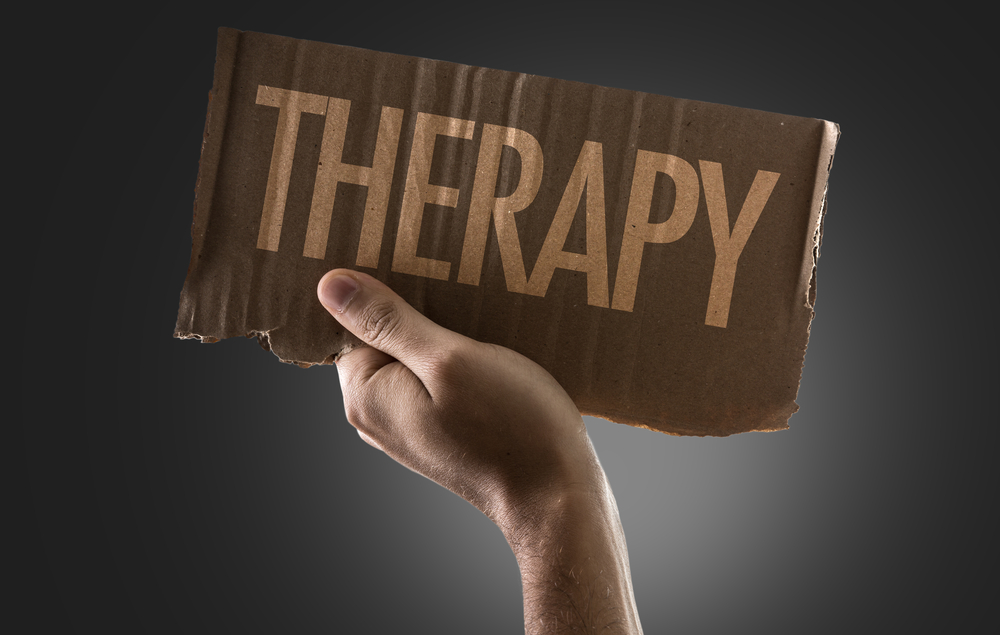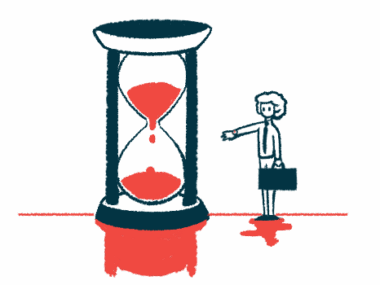Researchers Ask: Do Psychosocial Interventions Affect Well-Being of ALS Patients?
Written by |

More research studies with appropriate design and control are necessary to understand whether psychosocial interventions improve the quality of life and well-being of patients with neuromuscular diseases, such as amyotrophic lateral sclerosis (ALS), says a new study review.
The review, “Do Psychosocial Interventions Improve Quality Of Life And Wellbeing In Adults With Neuromuscular Disorders? A Systematic Review And Narrative Synthesis,” was published in the Journal of Neuromuscular Diseases.
Neuromuscular disorders are associated with increased symptom burden and a decline in the quality of life and well-being of patients. Previous studies have shown that psychosocial factors are better predictors of quality of life than physical impairment in these patients.
As such, psychosocial interventions, which target psychological and/or social factors, and not biological factors, potentially could improve these two parameters among patients with ALS and similar diseases. These types of interventions include psychological therapies (cognitive behavioral therapy), psycho-education and peer support, and may be carried out individually or in groups.
The benefits of psychosocial interventions to the life quality and well-being of patients with neuromuscular disorders remains elusive, as there is a lack of studies addressing the subject.
That’s why the authors selected 3,136 studies from the available scientific literature to investigate the impact of psychosocial interventions among adult patients with neuromuscular disorders, including ALS.
Out of the initial number of studies, only 10 met the authors’ criteria for inclusion in their analysis. Five of these interventions were performed with ALS patients.
The studies covered different types of interventions, such as cognitive behavioral therapy, dignity therapy, hypnosis, expressive disclosure, gratitude lists, group psycho-education and psychologically informed rehabilitation. The duration of the interventions ranged from one hour to 10 days, delivered between one week and 18 months, in a clinic or at the patient’s home.
Although seven studies reported a beneficial effect of psychosocial interventions across different neuromuscular disorders, the authors found that most of the 10 papers had poor quality due, for instance, to weak design, lack of control and small population size, which may interfere with the analysis of results.
“There is currently no strong evidence to determine whether psychosocial interventions improve quality of life and well-being in adults with neuromuscular disorders,” the authors wrote. “Although some benefits to both quality of life and well-being have been identified from a number of psychosocial interventions, such benefits are almost exclusively short-term and subject to bias.”
“Multi-site, randomized controlled trials with active controls, standardized outcome measurement and longer term follow-ups are urgently required,” they concluded.





